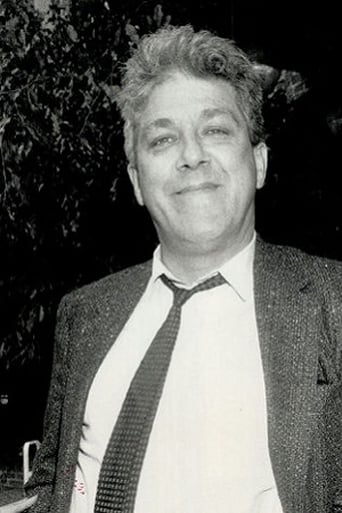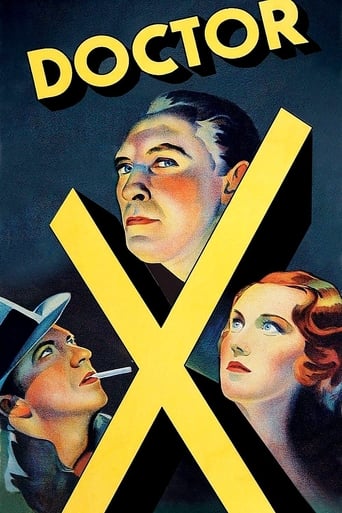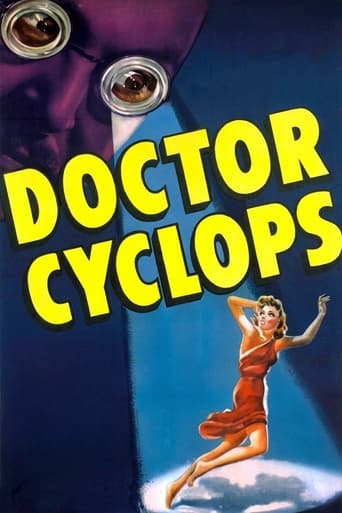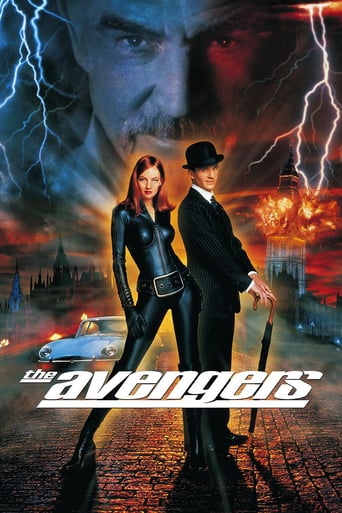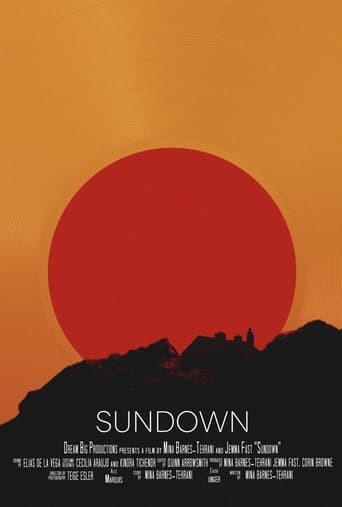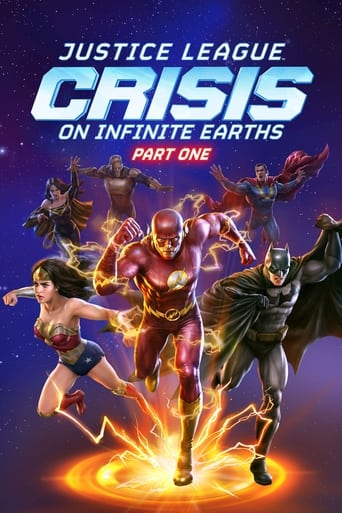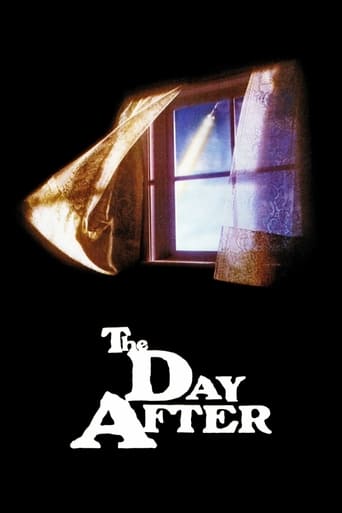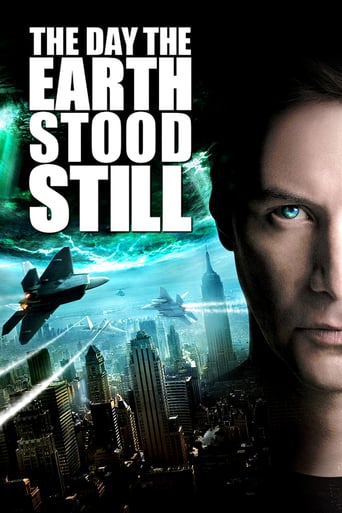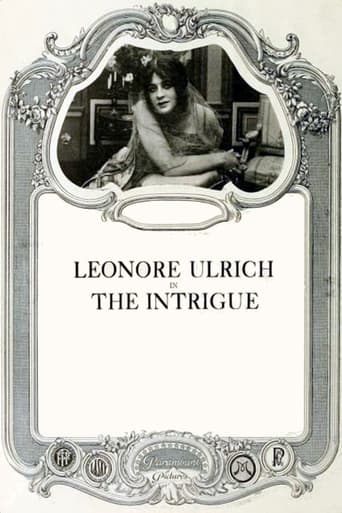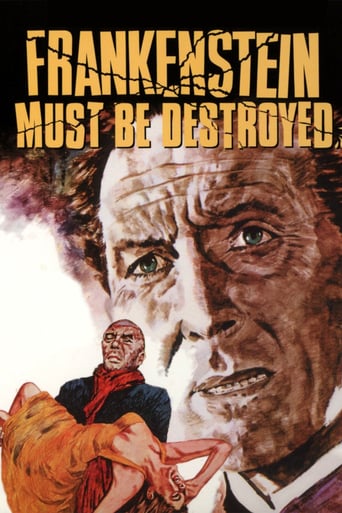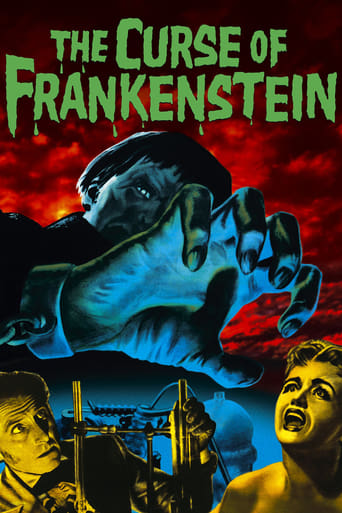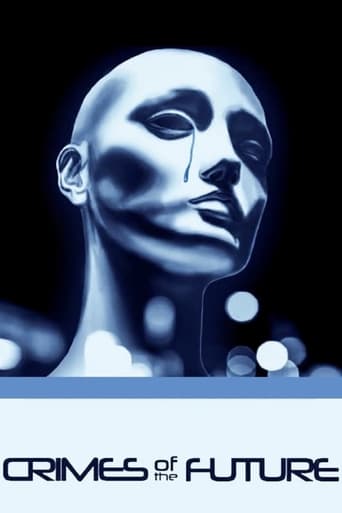
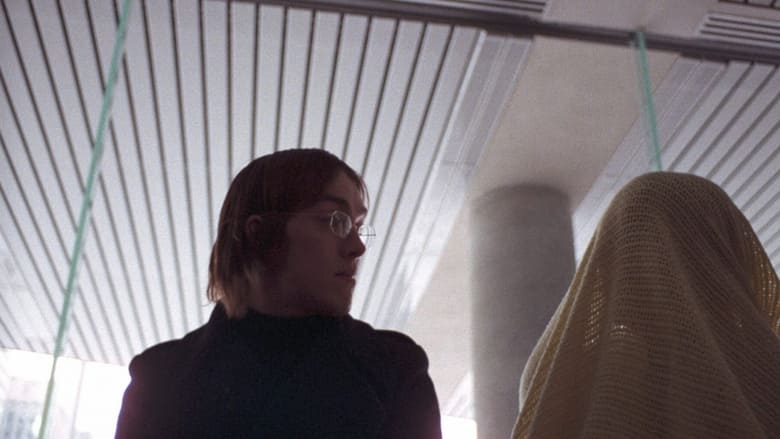
Crimes of the Future (1984)
Crimes of the Future is set in a future where sexually mature women appear to have been obliterated by a plague produced by the use of cosmetics. The film details the wanderings of Adrian Tripod, director of the dermatological clinic the House of Skin. Tripod seems at a loss following the disappearance of his mentor Antoine Rouge.
Watch Trailer
Cast


Similar titles
Reviews
Absolutely the worst movie.
It's funny, it's tense, it features two great performances from two actors and the director expertly creates a web of odd tension where you actually don't know what is happening for the majority of the run time.
It is neither dumb nor smart enough to be fun, and spends way too much time with its boring human characters.
By the time the dramatic fireworks start popping off, each one feels earned.
Crimes of the Future starts out stronger, more dynamic than its predecessor, "Stereo" and indeed throughout the film there is more of an emphasis on "action" though it is a weird, distanced, poorly choreographed sort of action that could almost be at home in "Dr. Who"; but on the whole the film is very similar to "Stereo" both thematically and cinematically, apart from the major obvious difference of color film. Like the previous film it was shot silent and makes use of voice-overs, and like "Stereo" it is an SF film about a fictional scientific institute, in this case dedicated to finding the cause of a worldwide plague that has killed off the majority of women. Like the previous film it stars Ronald Mlodzik, who seems to perfectly convey a 60s Mod vision of an otherworldly character, in this case (apparently) a journalist -- or perhaps a physician/scientist, Adrian Tripod, doing a story -- or studying patients at an institute -- somewhere -- afflicted with this strange disease/plague/virus but not yet dead. Like the earlier film it has an unseen (apparently dead in this case) mastermind scientist character, called Antoine Rouge, who may in fact be responsible for the plague and who may also be reborn in another body. This was an extraordinarily dense and difficult work which I can only scratch the surface of on one viewing; I don't know how much I liked it, but I was awfully impressed at the intellect behind it; like Cronenberg's first feature, it bears comparison with the early works of Peter Greenaway.
Aaron Tripod is studying a patient at a clinic that can emit a chocolate like substance from his body, which people become compelled to eat. This occurred after nearly all the woman on earth died from a poisonous cosmetic. After the patient disappears Aaron moves onto another clinic where there are more people of that type being used by doctor for his own purposes and there's a secret lurking in the facility that can change the fate of this outcome.Just like the film before this: "Stereo", Cronenberg comes up with another experimental, art-film that combines his interest in literature and science. Especially that of the human body and sexual chemistry, where science tries to manipulate the genetic makeup somehow. On this particular film the style and story's context are very similar to "Stereo" with most of the cast and crew returning for this project. I actually found this one to be slightly better and one incredibly bizarre trip compared to his previous film. But for this experience you have to be in the right frame of mind that's for sure, as this one too goes for an hour, but there are many padded scenes with many slow stretches. But for me it didn't seem to drag that much. Again there's no dialogues, but there are some odd sound effects worked into the picture that sound like something out of nature (bird cries, ocean waves and even a sound like someone is blowing bubbles). This gave the film such a real anxiety, but at times it did get a bit overbearing. Also you got a fitting narration that's gives out an mildly stimulating outlook and provides at times a coherent plot device. This could be because a plethora of characters spring out and then suddenly disappear which makes the story rather uneven, as it changes course quite a bit. The static voice over is not as frequent here, but it's the actions and faces that mostly tell the story. Now the look of the film is where Cronenberg was at his best here and the budget was a tad higher for this outing, since now this one was shot in colour and production was of high quality with what he had to work with. Great use of composition and lighting, while the strong shapes in the background features added a huge imprint. Plus there was always little things going in the foreground that you catch a glimpse of. The film sustains a bare atmosphere, which has a emotionless, post-apocalyptic feel where everything is beyond redemption. The offbeat environment is filled with many surprises and the hypnotic images just flood the screen. The haunting conclusion stages one that's hard to forget. The camera-work here gives the film a third perspective and builds on the groundwork very well. Ronald Mlodzik's performance as Aaron Tripod is rather good and his expresses his actions in a clear and concise way. Cronenberg has come up with an far more accomplished effort on this occasion.This excursion I found strangely fascinating as you can easily see this as a stepping stool for Cronenberg to iron out those creases for future projects. He's obsession on the evolutionary process where sex and disease is controlled by science makes his work so unique. Again just like what I said on "Stereo", if you're looking for some entertainment, look elsewhere. But if you want to see the where the clinical influence and cold style for his most assessable work came from, there's no better place to start than here.
Crimes of the Future (1970) was made a year after Stereo and with a larger budget, Cronenberg came out with an even more bizarre film based around sex and human nature. In this film he takes his cold, clinical and dark view of the world a step further. A world filled with emotionless people who are devoid of individual thought and repressed beyond imagination. A doctor uses this to his advantage whilst sexually experimenting amongst patients within a mental hospital.This film is kind of hard to describe without giving away to much. But I found it to be comparable (somewhat) to THX 1138. In many ways you can compare the two. Cronenberg shot this faux documentary style accompanied by narration. The film reminded me of those videos that psychiatrists use when documenting extraordinary cases of psychosis and what not. Maybe that's what he trying to accomplish (if he was he succeeded). However some of the scenes in this movie are not for all viewers (those easily offended will be turned off by the subject matter).All in all it's a more polished film than Stereo and his film-making had matured. Cronenberg also experiments more with sound and editing. The technique he uses gives the viewers the impression that they're under a state of semi-hypnosis (I don't know if they'll appreciate that or not). A interesting experimental film.For fans only. Recommended.
This film, I believe, is only about 70 minutes long and succeeded in being one of the longest movies I have ever seen. I actually fell asleep for about 10 minutes toward the end. I appreciate this movie to an extent since the concept itself is interesting and the narration, when it happens, can be quite funny. But it gets old quickly. I think it is more interesting to remember than it is to watch. I view this movie and "Stereo" the same way. The narration is funny at times and has a very satirical and original style but it is not enough to keep one awake, let alone keep ones interest. I think the lack of sound is due to Cronenberg's laziness and lack of desire to do any recording and mixing. Maybe I should give him more credit than that. Maybe it was lack of funds and knowlege. After all he was paying for those out of his own pocket and was, to paraphrase his own words, still teaching himself how to make movies.


